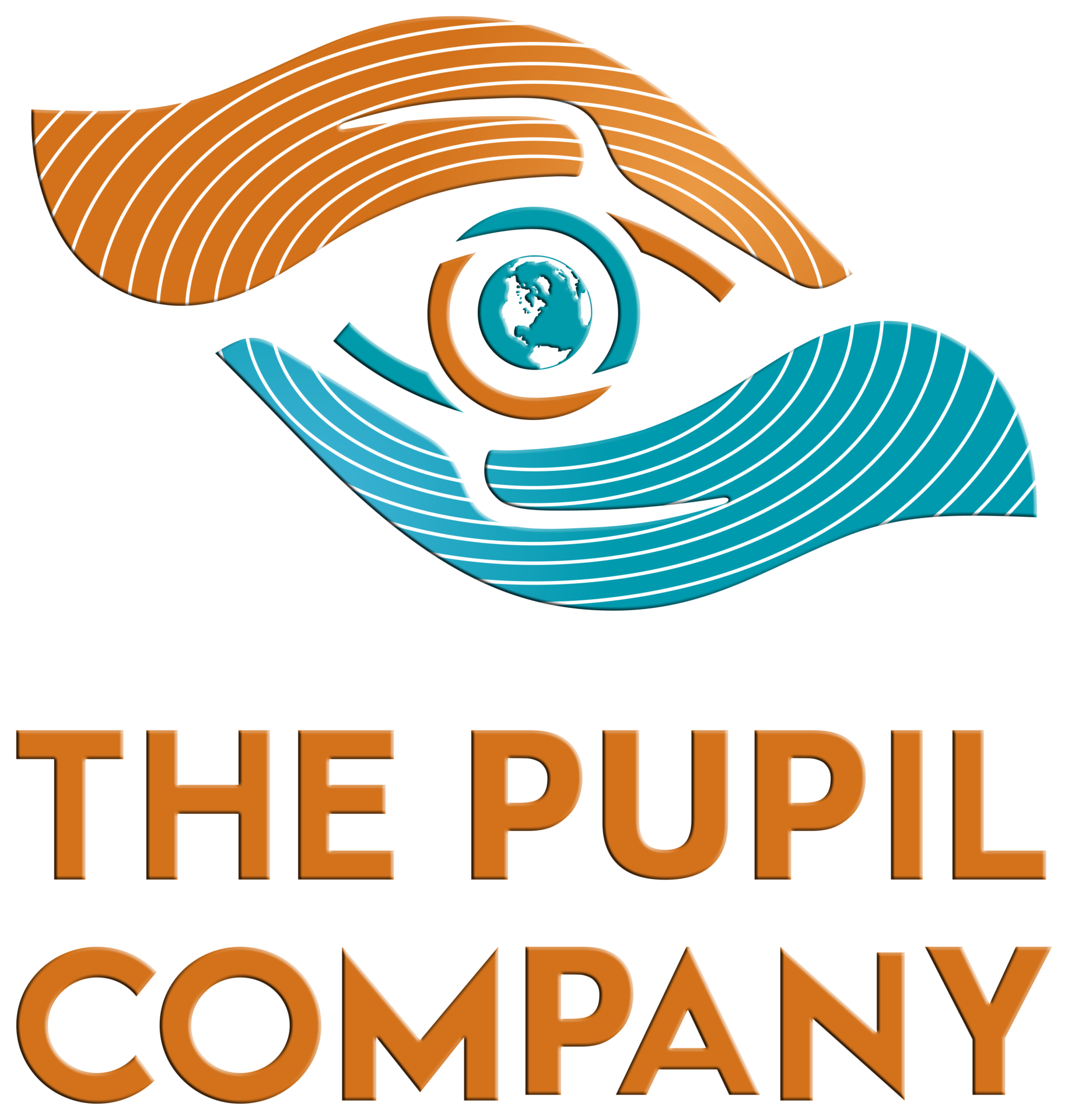The field of education has witnessed a fascinating journey in understanding how adults learn. The creation of Adult Learning Theory represents a significant milestone in acknowledging the distinct needs and characteristics of adult learners. As we delve into the historical landscape, we uncover the evolution of this theory and the visionaries who shaped it.
Before the emergence of Adult Learning Theory, educational practices primarily focused on children and adolescents. The assumption prevailed that teaching methodologies effective for younger learners would seamlessly translate to adults. However, the experiences of adult learners contradicted this assumption, prompting educators to reconsider their approach.
The turning point came in the mid-20th century when American educator Malcolm Knowles pioneered the concept of Andragogy, the art and science of helping adults learn. Knowles proposed a set of principles distinct from pedagogy, the method of teaching children. His groundbreaking work laid the foundation for what would later evolve into Adult Learning Theory.
Knowles identified several key principles that underpin the Andragogical model:
- Self-concept: Adults view themselves as self-directed individuals capable of making decisions about their learning.
- Experience: Adult learners bring a wealth of life experiences that should be integrated into the learning process.
- Readiness to learn: Adults are motivated to learn when they perceive the information as relevant to their current needs and responsibilities.
- Orientation to learning: Adults are task-oriented, seeking practical solutions and immediate application of knowledge.
- Motivation: Adult learners are driven by internal factors such as the desire for self-improvement, rather than external pressures.
While Andragogy marked a pivotal moment in recognizing adult learners’ distinct characteristics, it was only the beginning. Over the years, scholars and practitioners expanded on Knowles’ work, integrating new perspectives and research findings.
One noteworthy contribution came from Jack Mezirow, who introduced the concept of transformative learning. Mezirow emphasized the role of critical reflection in adult learning, suggesting that transformative learning occurs when individuals question and reassess their beliefs and perspectives.
As technology advanced, the landscape of adult education underwent a profound transformation. Online platforms, e-learning modules, and interactive resources became integral components of adult learning. The integration of technology posed new challenges and opportunities, influencing the way educators approached the design and delivery of adult education programs.
Additionally, the concept of lifelong learning gained prominence, emphasizing the need for continuous skill development throughout one’s life. Adult Learning Theory adapted to accommodate the evolving demands of a rapidly changing world, emphasizing the importance of flexibility, adaptability, and the ability to learn independently.
The creation and evolution of Adult Learning Theory represent a remarkable journey from the oversight of adult learners’ unique needs to a comprehensive understanding of their characteristics and motivations. From Malcolm Knowles’ pioneering work to the incorporation of transformative learning and the impact of technology, the theory has continually adapted to meet the demands of a diverse and dynamic adult learner population. As we look to the future, the evolution of Adult Learning Theory remains an ongoing process, shaped by the ever-changing landscape of education and the diverse needs of adult learners in the 21st century.
